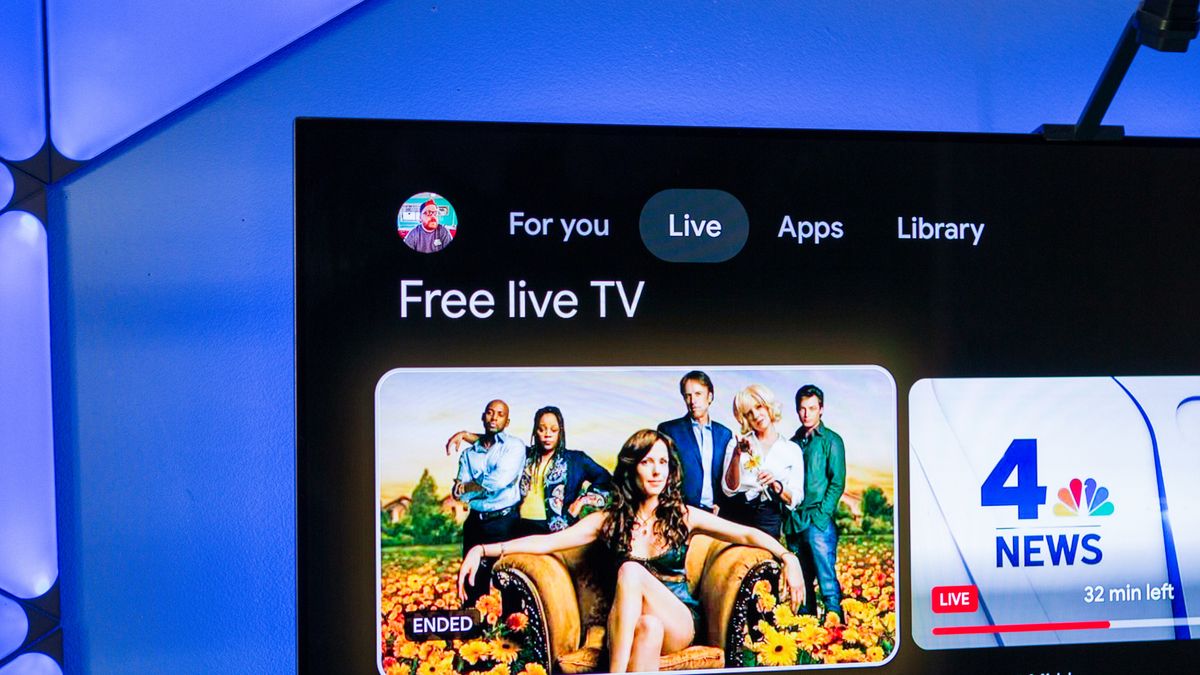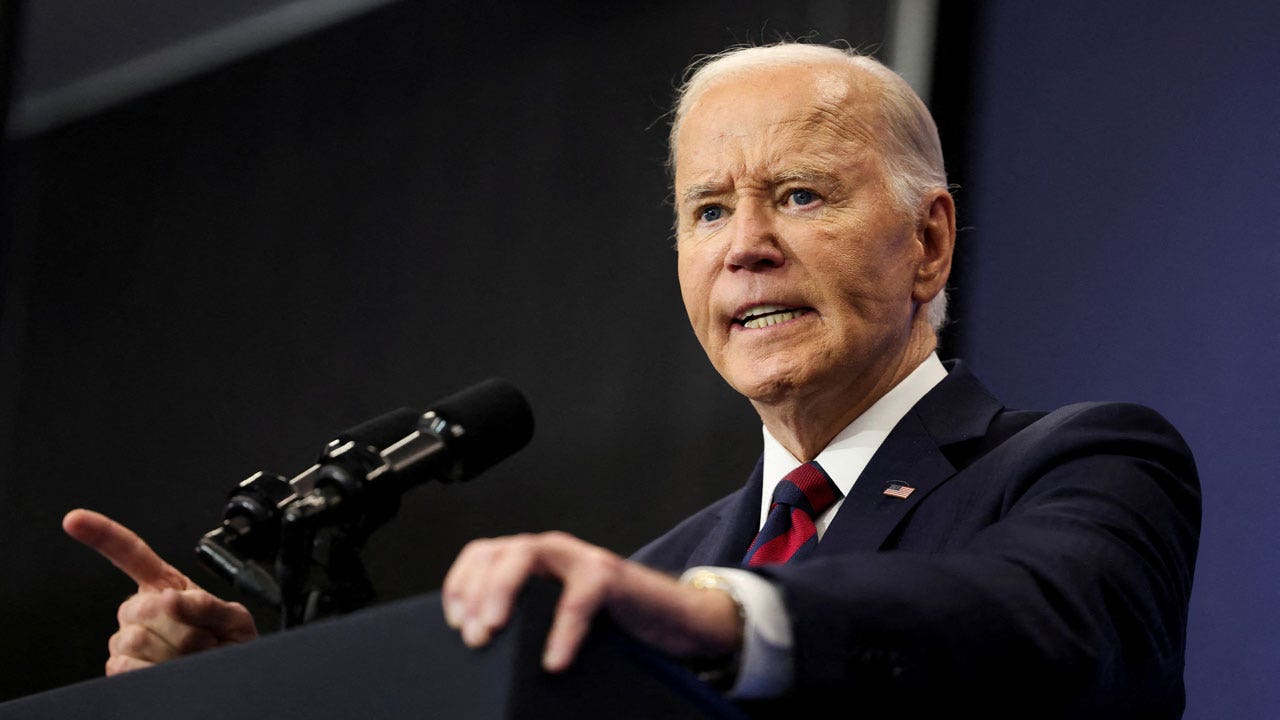Health chiefs overseeing England’s Covid-19 vaccination programme must beware of taking “their eye off the ball”, the House of Commons public accounts committee said on Wednesday, warning that almost 3mn people are yet to receive a single Covid shot.
The UK achieved one of the fastest vaccination rollouts in the world after jabs were first approved in December 2020. Nine out of 10 adults had received two doses by the end of May this year. However, since the immediate Covid crisis had lessened, there was a danger that immunisation may no longer be viewed as a priority, the MPs said.
The committee, which monitors public spending, said 2.98mn adults in England remained unvaccinated at the end of May, with a further 1.5mn having had only one dose. Uptake for a first booster shot, for which all adults were eligible, had been 73 per cent, the committee noted.
Young city dwellers account for many of those who are unvaccinated, with just five cities accounting for a quarter of the total, the report said.
Meg Hillier, committee chair, praised “the enormous effort by those who developed, secured and administered our Covid vaccines”, but she added: “It’s important that the early success does not mean that the department [of health] and NHS England take their eye off the ball in tackling future challenges and getting vaccines to hard to reach groups.”
Age and ethnicity were factors in low take-up, the MPs suggested. Only 55 per cent of young people aged 16 and 17 had received two doses by the end of May, and only 38 per cent of 12- to 15-year-olds. There has been particularly low uptake among pregnant women: by February this year, just 58 per cent had received two doses, they noted.
Meanwhile, compared with people of white British origin, people of black, black British and Pakistani heritage were less than half as likely to have had booster shots. Fresh approaches were needed to tackle “the persistent low uptake observed in some ethnic groups”, the committee said.
Particular challenges related to vaccinating people with learning disabilities, which “have not always been consistently or adequately addressed”, it added.
The PAC said NHS England had built on approaches recommended by the Scientific Advisory Group for Emergencies and the World Health Organization “to achieve the impressive uptake to date”.
But since the country was “no longer in a state of emergency and other issues have eclipsed COVID-19 in the news, vaccination is now worryingly a lower priority for many people”, it added.
It also raised concerns about sufficient capacity and staffing for the vaccination programme in the months ahead. NHS England had started planning for a reduction in vaccine sites and staffing for the rest of 2022 in anticipation of lower overall demand, “but it is not yet clear how its strategy will strike the right balance between maintaining high levels of vaccination uptake and ensuring that demands on healthcare staff are sustainable”, the PAC said.
The MPs also questioned the government’s decision to centre the booster programme on just two companies: Moderna and Pfizer.
The Department of Health and Social Care and the Vaccine Taskforce “should urgently review the future procurement strategy for Covid-19 vaccines, seeking all necessary clinical and commercial expertise, to ensure that future contracts are not let to too narrow a set of providers”, they said.
The government said it was “working hard to reach those people who are still unvaccinated against Covid, including using walk-in and mobile vaccination clinics to increase access and convenience, and providing messages from trusted voices — such as faith and community leaders — to diverse people to get the vaccine”.
NHS England had already begun preparations “to ensure they are ready to deploy Covid vaccines to those eligible as part of an autumn Covid booster programme to ensure protection is maintained ahead of winter”, it added.





















Discussion about this post